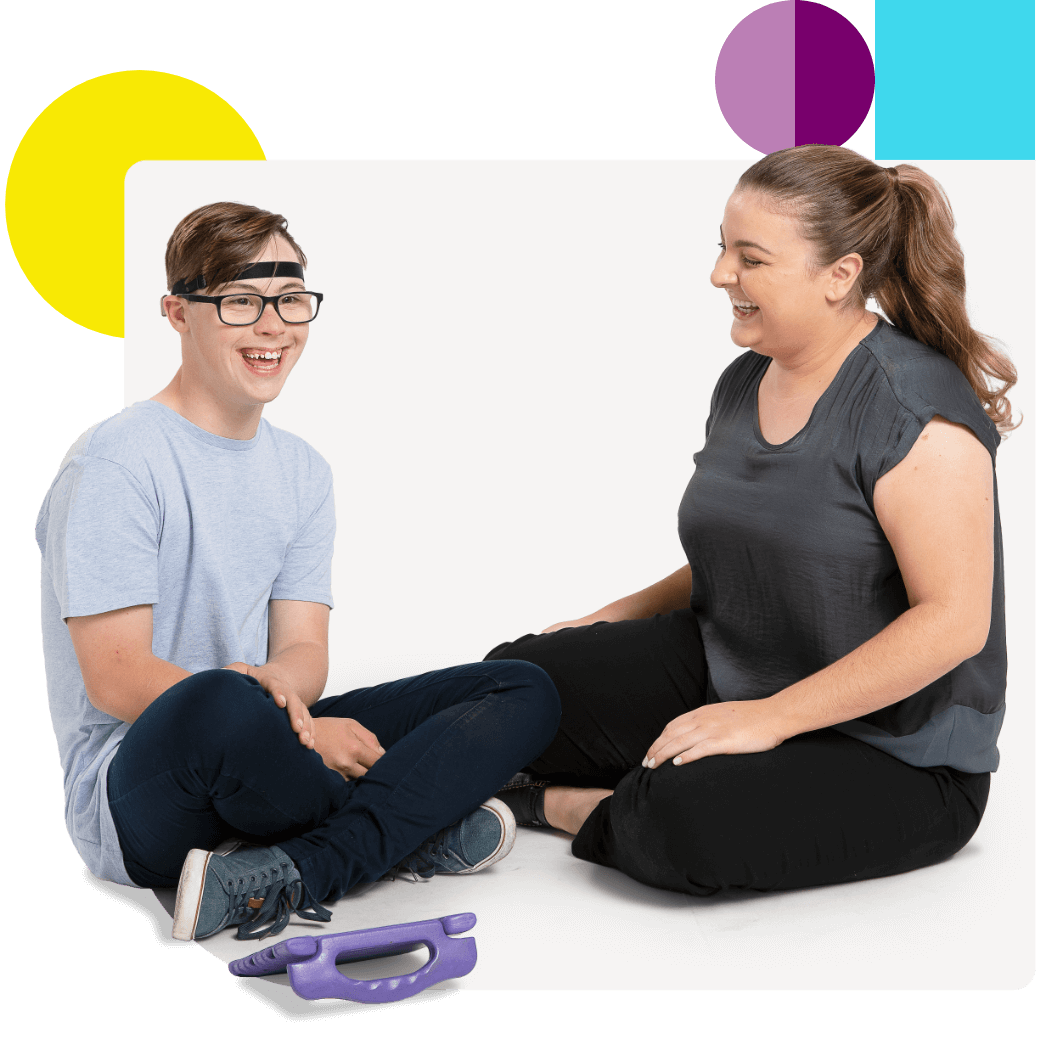
How occupational therapy can benefit children and adults who have an autism spectrum disorder
Occupational therapy can help children and people with autism improve their communication, play, and interpersonal relationships.
What exactly is autism?
Autism spectrum disorder, or autism, is a developmental disorder characterized by communication and social interaction difficulties, as well as restricted or repetitive behaviors, interests, and hobbies.
Autism is frequently co-occurring with other types of disability, such as intellectual and learning deficits.
While autism is a chronic condition, allied health specialists such as occupational therapists can assist individuals with autism in developing new abilities and adapting their environment in order to improve their daily functioning at home, school, and in the community.

How do occupational therapists work with individuals who are autistic?
Our OT’s have extensive expertise working with individuals who are autistic. We are adept at assessing developmental skill levels and identifying the hurdles that prevent people from being self-sufficient and engaged in meaningful activities.
Our occupational therapists work one-on-one with the child or adult to review areas such as motor skills, sensory processing, emotional regulation, cognitive skills, and interactions with caregivers and others, in order to assess the level of help they require.
Our therapists can work with participants in the privacy of their own home or at one of our numerous centers located around Australia. For your convenience, we can also deliver services at schools, organisations, and even via telehealth .
Following the assessment, we create a customized program for our participants that includes goals and solutions for overcoming their obstacles. Dressing independently and doing other self-care duties, developing fine motor skills necessary for writing, and engaging in school or work responsibilities, meal preparation, and gaining access to and participation in the community are all possible goals.
Additionally, our therapists assist the individual with autism, their parents or caregivers, and family members in developing and practicing these skills outside of treatment sessions, at home or at school, so they may participate in daily activities.
As the individual improves, his or her goals are monitored, reviewed, and changed.

What are the advantages of occupational therapy for autistic children & adults?
Occupational therapy has the potential to significantly improve a person’s daily life. We strive to improve people’s ability to cope with daily life by enhancing communication and learning at school and work, enhancing play and interactions with others, and reducing repeated behaviors. Additionally, we meet an individual’s sensory processing needs by providing customized sensory diets and methods.
Occupational therapy can help develop the following types of real-world, everyday skills:
- Personal care abilities, such as meal preparation, cooking, cleaning, shopping, and money management
- Sensory processing abilities to mitigate the negative effects of hypersensitivity and seeking behaviors
- Communication and social skills, such as taking turns, cooperating with others, exhibiting good sportsmanship, and participating in social clues
- Problem solving, impulse control, memory, and attention are all cognitive functions.
- Balance, postural control, coordination, and ball abilities are all examples of gross motor skills.
- Handwriting, buttoning, using cutlery, and manipulating small, daily things require fine motor skills.
- Self-assistance
All these abilities can be acquired through occupational therapy at Better Rehab, which can aid in the development of increased self-esteem, confidence, and independence.
Enquire NowAutism Specialist Services Near Me
Better Rehab Speech Pathology for Children with Autism Spectrum Disorder service in Bankstown, Blacktown, Central Coast, Newcastle, Northern Beaches, Macquarie Park, Maroubra, Penrith, Wollongong, Canberra, Gippsland, Greensborough, Moonee Ponds, Mornington, Mulgrave, Surrey Hills, Werribee, Chermside, Gold Coast, Ipswich, North Lakes, Springwood, Stones Corner, Sunshine Coast, Toowoomba, Cockburn Central, Inglewood, Joondalup, Adelaide.
